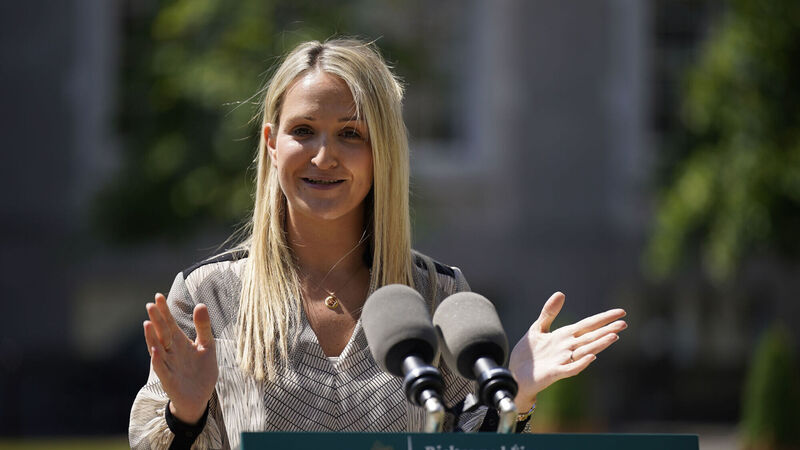Elaine Loughlin: Voices from the centre must be heard in hate speech row

Helen McEntee: Entrenched in a war of words over hate speech legislation.
Try from €1.50 / week
SUBSCRIBE
Helen McEntee: Entrenched in a war of words over hate speech legislation.
Back from maternity leave, Justice Minister Helen McEntee found herself in the middle of a war of words as accusations were hurled across the Seanad this week.
But as the discussion over hate speech becomes more and more polarised, there are concerns that voices in the centre have been bullied out.
Already a subscriber? Sign in
You have reached your article limit.
Annual €130 €80
Best value
Monthly €12€6 / month
Introductory offers for new customers. Annual billed once for first year. Renews at €130. Monthly initial discount (first 3 months) billed monthly, then €12 a month. Ts&Cs apply.
CONNECT WITH US TODAY
Be the first to know the latest news and updates
Newsletter
Sign up to the best reads of the week from irishexaminer.com selected just for you.

Select your favourite newsletters and get the best of Irish Examiner delivered to your inbox
Sunday, February 8, 2026 - 7:00 PM
Sunday, February 8, 2026 - 9:00 PM
Sunday, February 8, 2026 - 8:00 PM
© Examiner Echo Group Limited